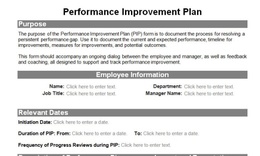
Courts have developed methods for assigning value to stock in both employment cases as well as business disputes. Valuation methods include using the stock's highest market value within a reasonable period or valuing the stock on the date of the breach of the obligation or wrongful termination. Some courts take a combined approach, basing the value of the equity as the market price of the shares on the date the employee tried to exercise their shares. In other cases, the courts have denied employees' lost equity beause it was too speculative, where, for instance, the date of potential sale of a stock that never took place is virtually impossible to determine. Jaros v. LodgeNet Entm’t Corp. 294 F.3d 960 (8th Cir. 2002).
In some cases, an employer can be ordered by court to issue equity due. This particularly applies to closely held corporations that issue their employees equity of value that cannot be ascertained and where the stock is not publicly traded. Kramer v. Puracyp, Inc. (Cal. Ct. App. Mar. 17, 2017)
In disovery, it is important to seek information from the employer regarding the valuation of the company, including any 409A valuations conducted by the company, and valuation of the company provided for insvestors. If a court is unable to determine the value of the stock, the law provides the alternative of specific performance. This is particularly appropriate where the company's stock is not publicly traded.


 RSS Feed
RSS Feed

